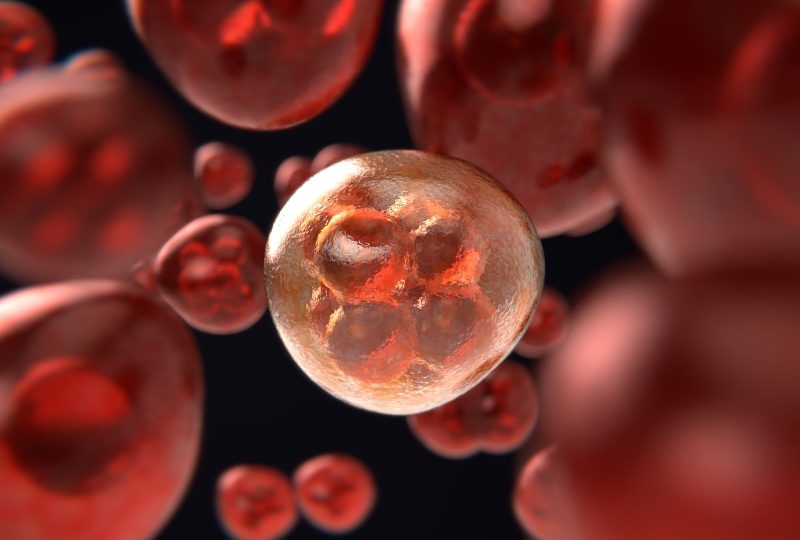We have a complete genetic map of cancer
12 February 2020 | Written by La redazione
The study for the mapping of cancer genomes has been completed, an invaluable resource for understanding different types of tumors, laying the foundations for the development of new classifications, diagnoses and therapies in the oncology field.

To fight an opponent it is essential to know him. When, however, these are many and of different types, getting to know them can become a big effort. This required more than 1,300 scientists and clinicians from 37 countries to work for 10 years. The enemy to study? The cancer. The Pan-Cancer Genomes project led to the most detailed analysis available today of 2,600 genomes from 38 different types of cancer affecting 20 different organs.
The step forward. Other studies, previously, had studied the genome of some types of cancer, however focusing on a small part of it, the one that expresses proteins. A part that makes up just 1% of the overall genome. This new study analyzed DNA in its entirety, including the key regions that control the turning on and off of genes. By analogy, if the genome can be viewed as a recipe book for living cells and cancer as a process that results from changes in recipes (mutations in the genome), then previous efforts have looked for changes in the ingredient lists, while this new project also look for changes in the instructions for use of these ingredients.
“This work – says Professor Aldo Scarpa, director of the Arc-Net applied research center on cancer – helps to answer one of the most important (and so far unsolved) questions of medicine: because two patients with what appears to be one Can the same type of tumor have very different outcomes and respond differently to the same therapy? The results of the Pcawg project show that the reasons for these different behaviors are written in the DNA. The tumor genome of each patient is unique, but there is a series over recurring patterns. This new information will lead to studies that will identify all these patterns to optimize diagnosis and treatment. ”
Future developments. Starting from the genomic maps drawn today, the International Cancer Genome Consortium has launched the second phase of the research which consists in the realization of the project called Argo, which stands for “Accelerating research in genomic oncology” (Icgc-Argo), or accelerate research in genomic oncology.
The project aims to use new molecular tests designed and developed within the consortium, in order to offer patients a wider spectrum of therapeutic possibilities, tailored. This second phase of the project involves the organization of international clinical trials using new generation drugs as well as drugs already in use based on the indications of the molecular anomalies present in the tumor of the individual patients.





